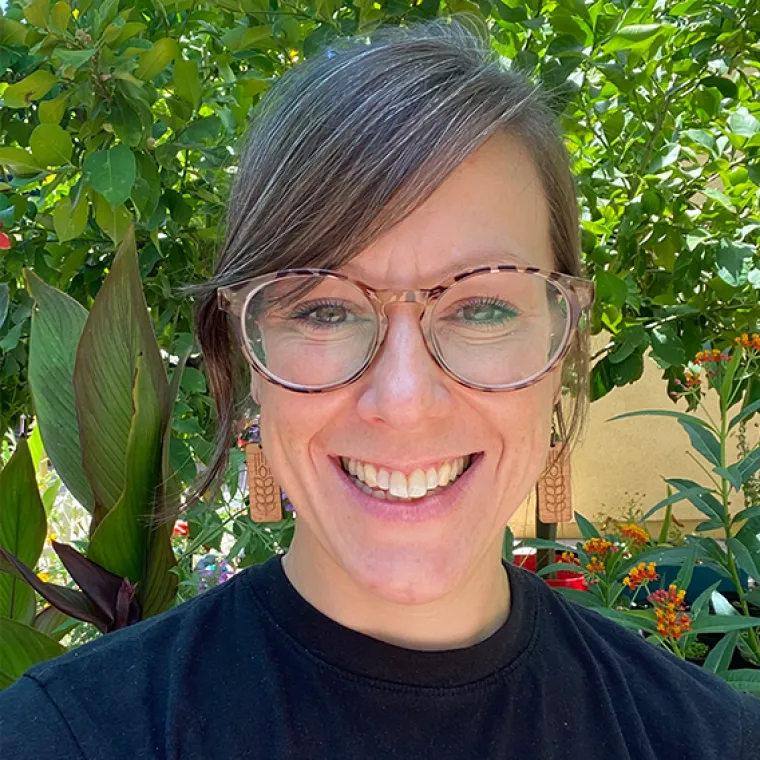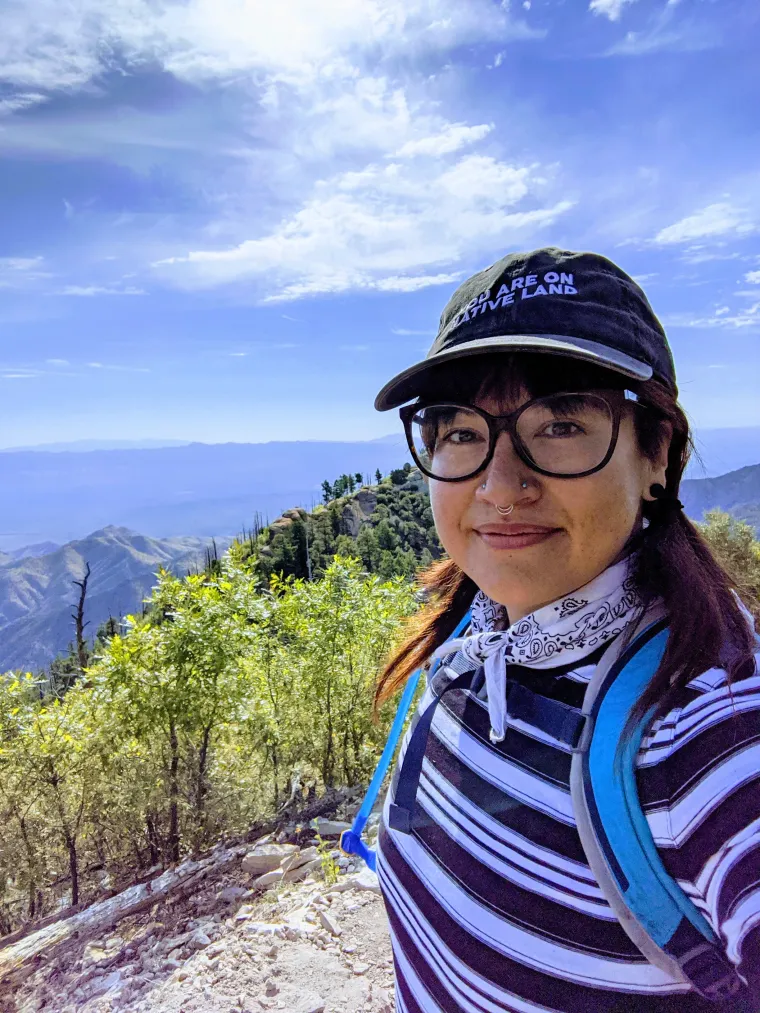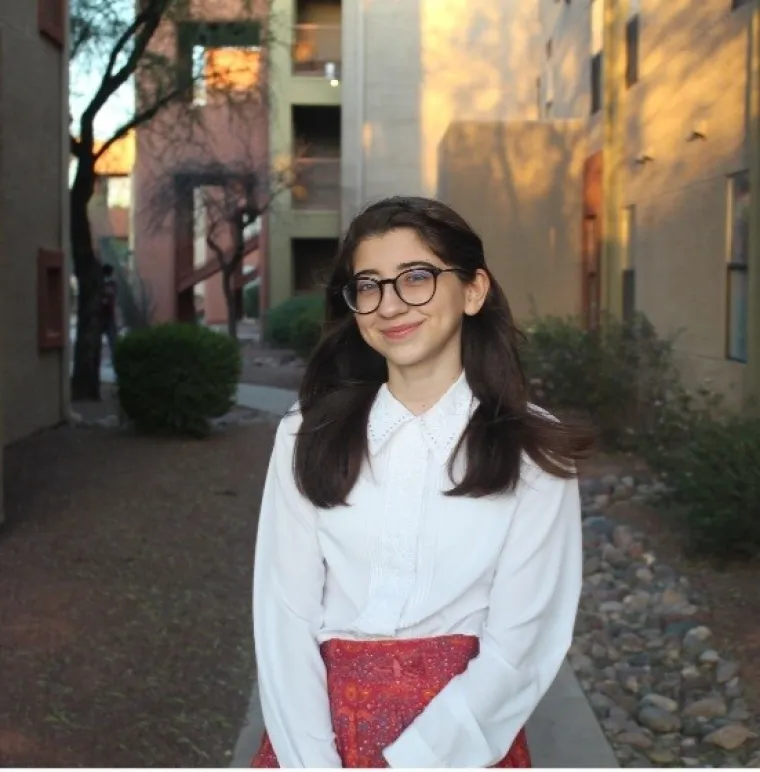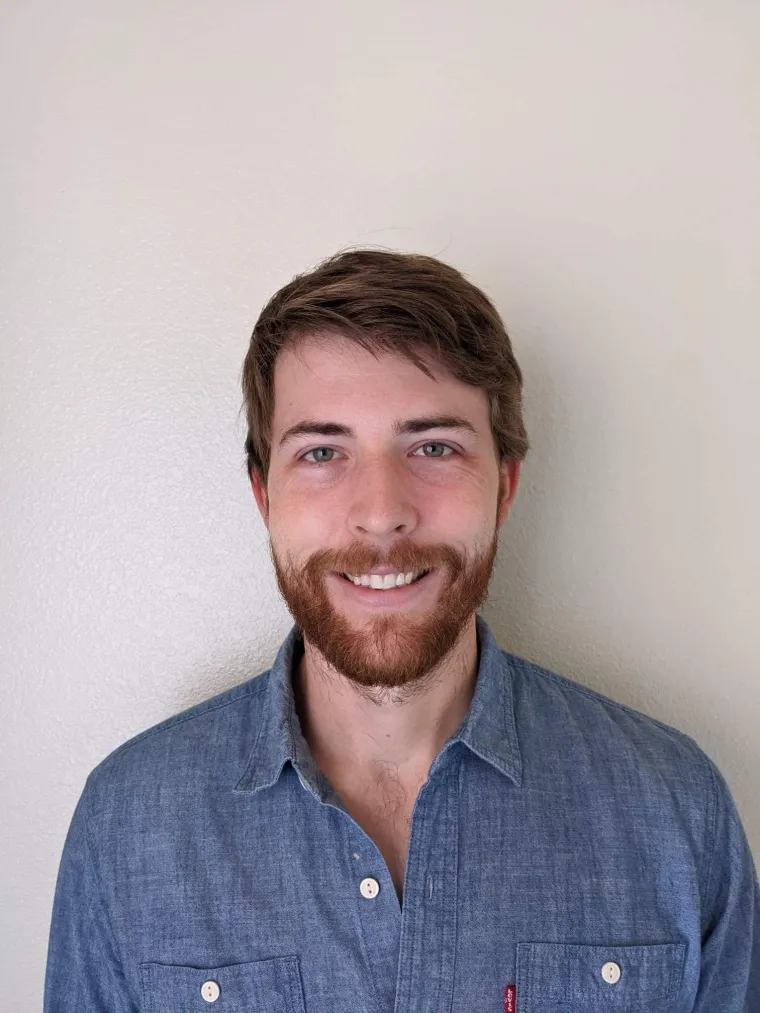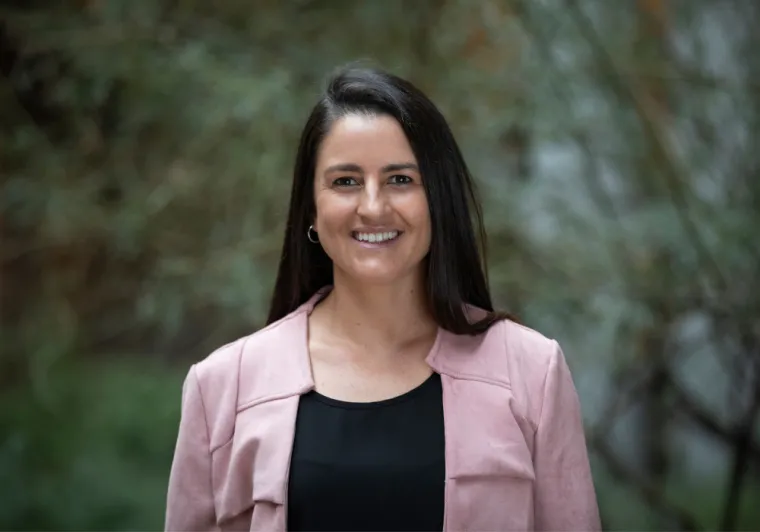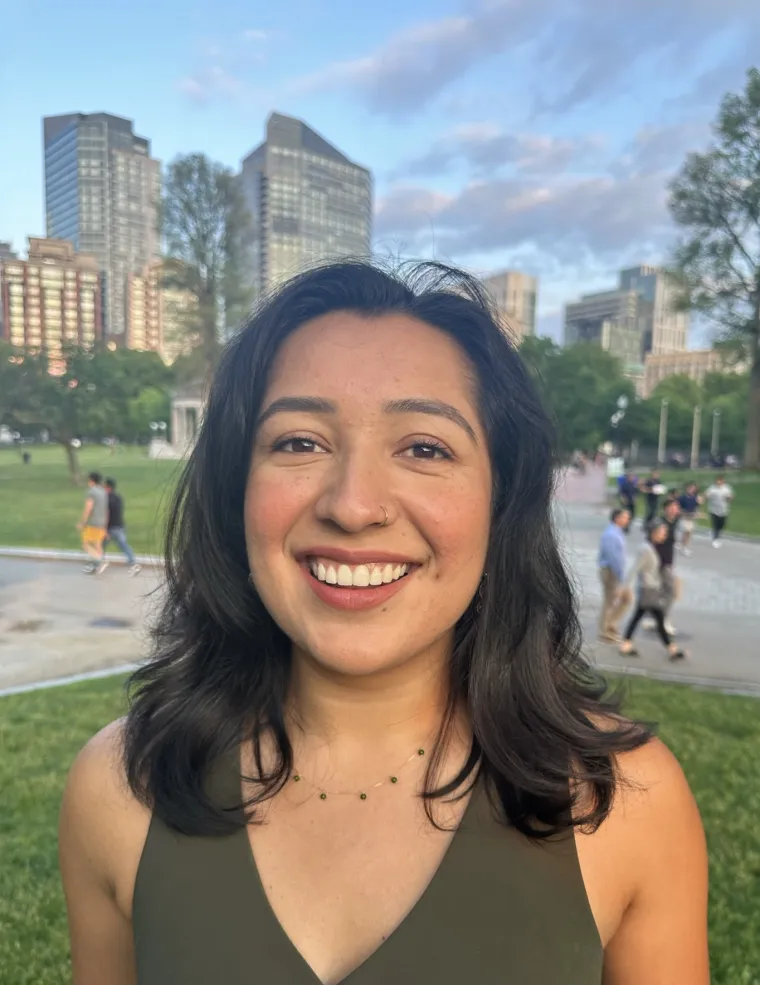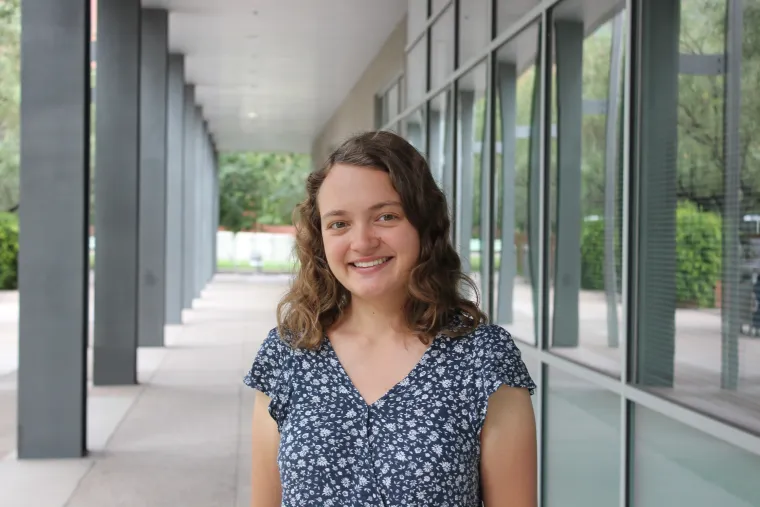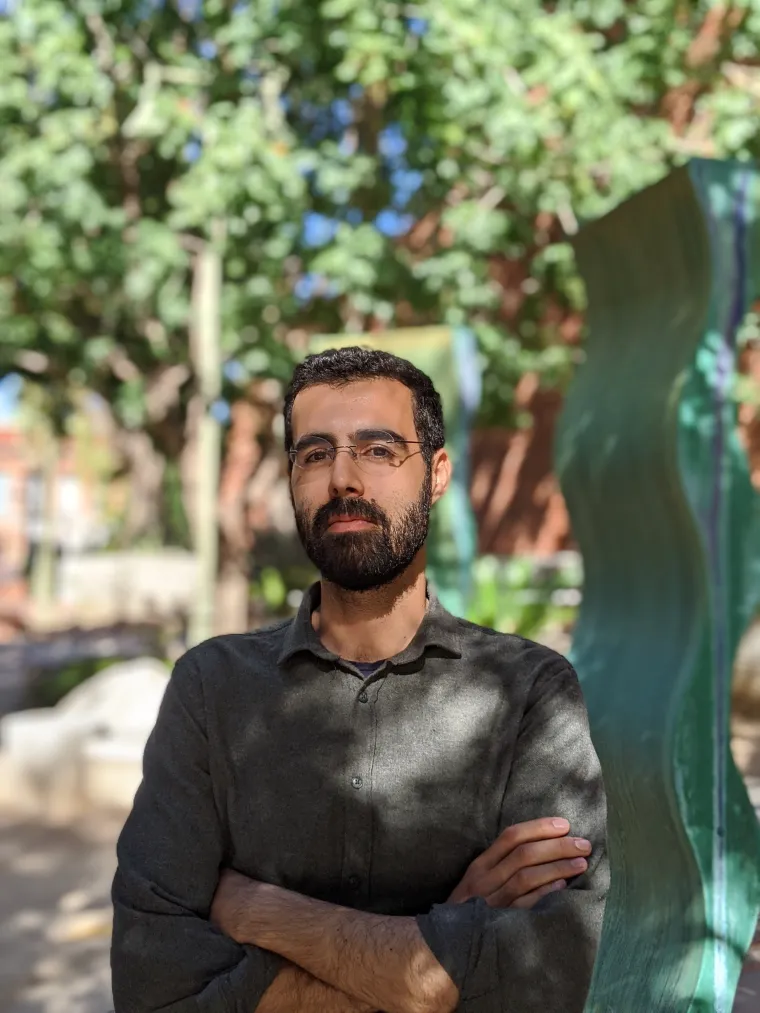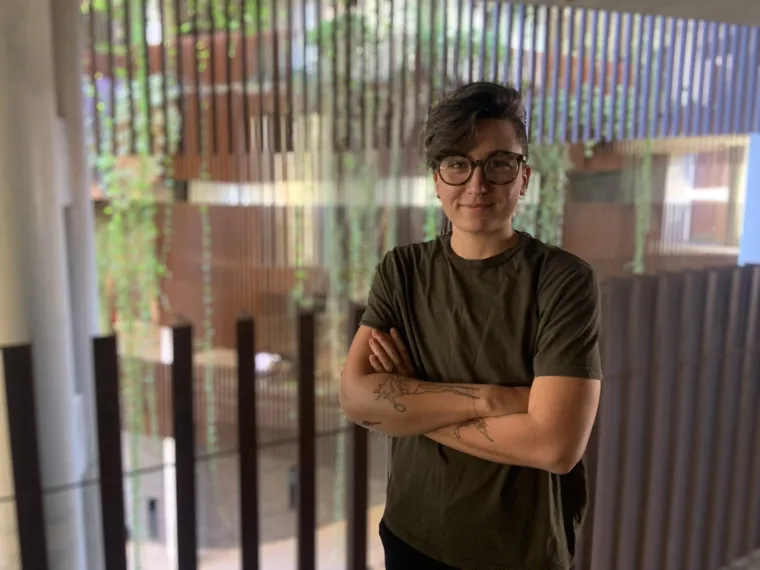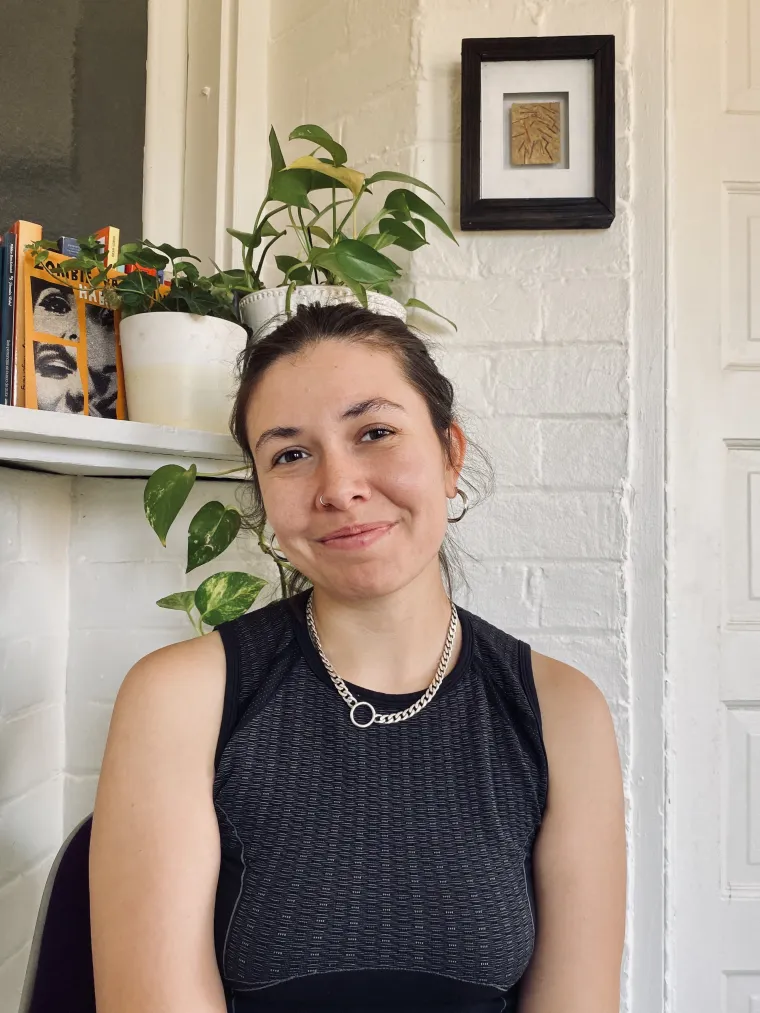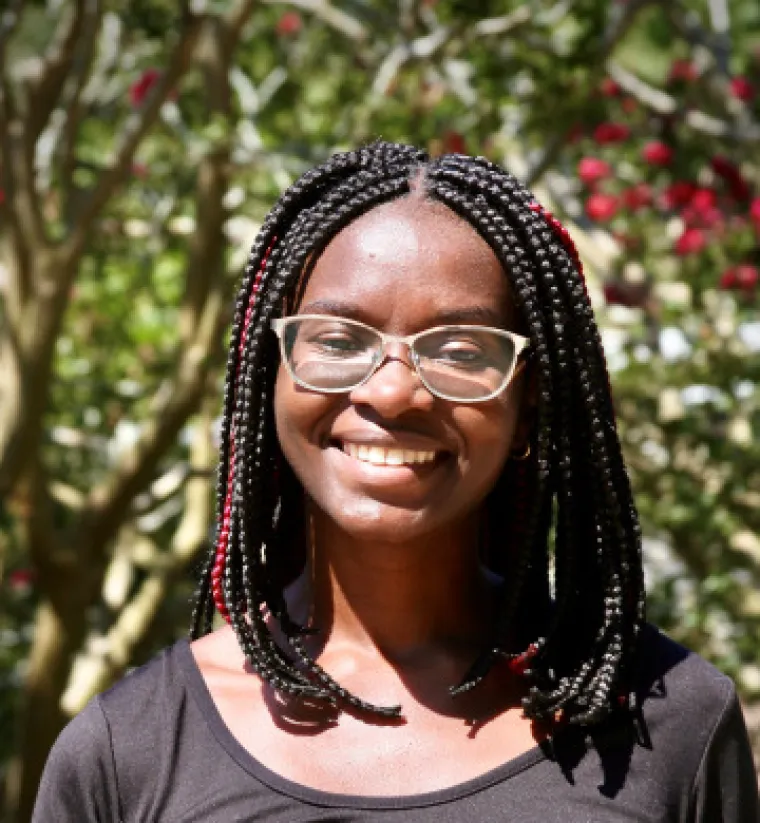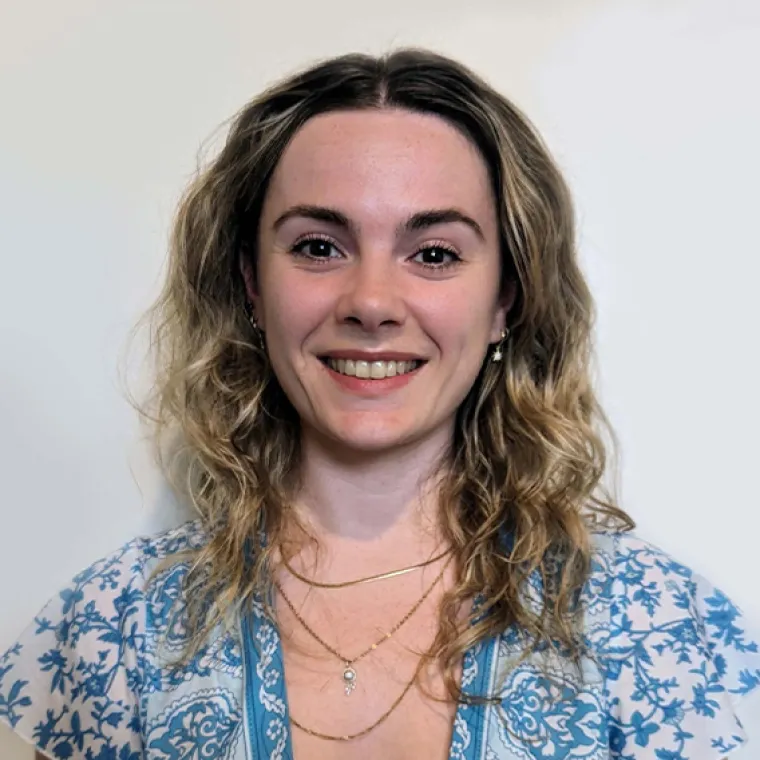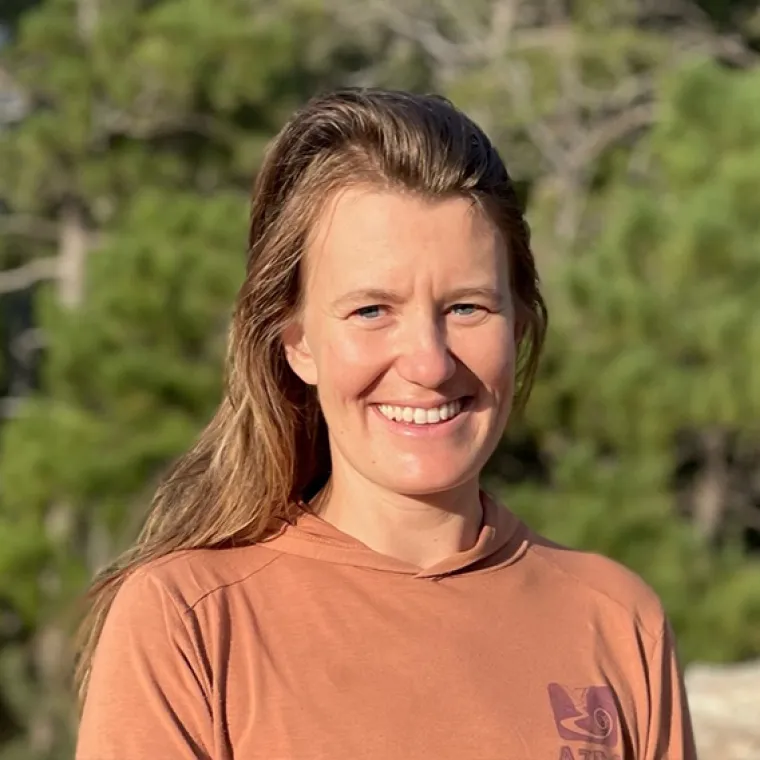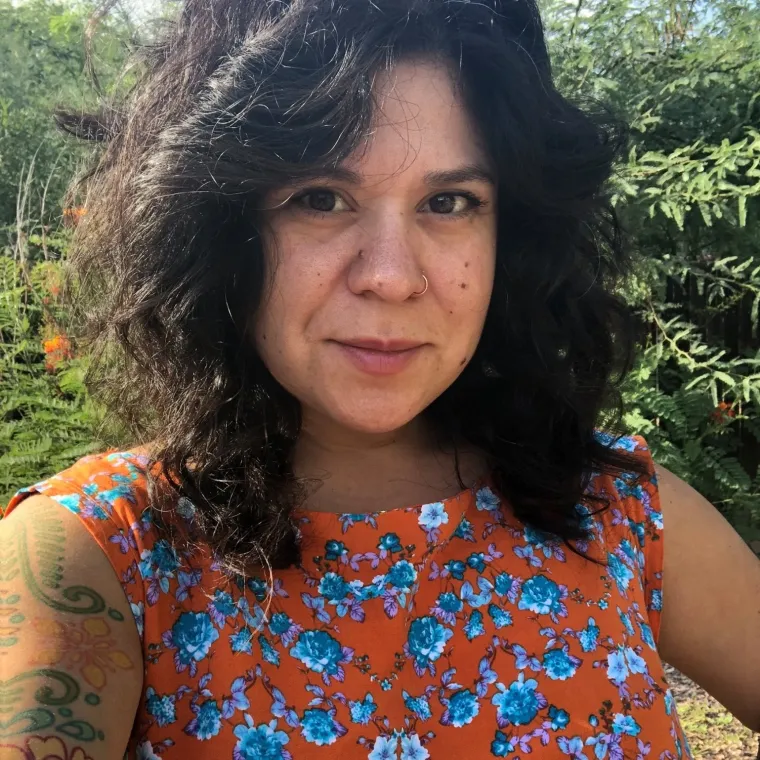CRFS Student Awards
Description:
Every spring semester, the UA Center for Regional Food Studies (CRFS) offers up to 3-5 awards of $500 to any UA graduate or undergraduate student in support of food-related research or educational activities over the summer months. Funds can be used to cover tuition costs or other expenses related to the successful completion of planned academic work related to food.
If awarded funding, recipients are expected to:
- File a 1-page summary describing how the funds helped to support your academic goals and/or research.
- Share a 15–20-minute oral presentation at a CRFS grad panel event in the semester following the award period.
Award Recipients
Jesse Anderson
Award Recipient Summer 2024
Blu Au
Award Recipient Summer 2020
Ash Avila
Award Recipient Summer 2022
Skylar Benedict
Award Recipient Summer 2022
Julia Davies
Award Recipient Summer 2021
Mar Erisnelida Ruiz Barraza
Award Recipient Summer 2022
Deyanira Ibarra
Award Recipient Summer 2023
Kaitlyn Johnke
Award Recipient Summer 2023
Ziya Kaya
Award Recipient Summer 2021
Mariana Manriquez
Award Recipient Summer 2020
Sehdia Mansaray
Award Recipient Summer 2020
Talitha Neesham-McTiernan
Award Recipient Summer 2024
Elise Otto
Award Recipient Summer 2024
Rebecca Renteria
Award Recipient Summer 2023
Joy Yu-Rong Liu
Award Recipient Summer 2024


